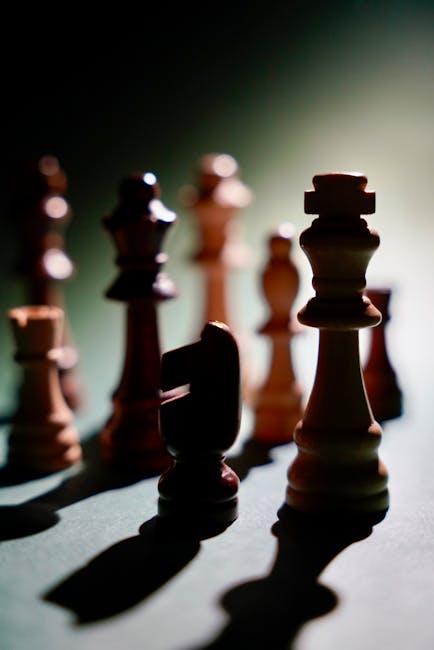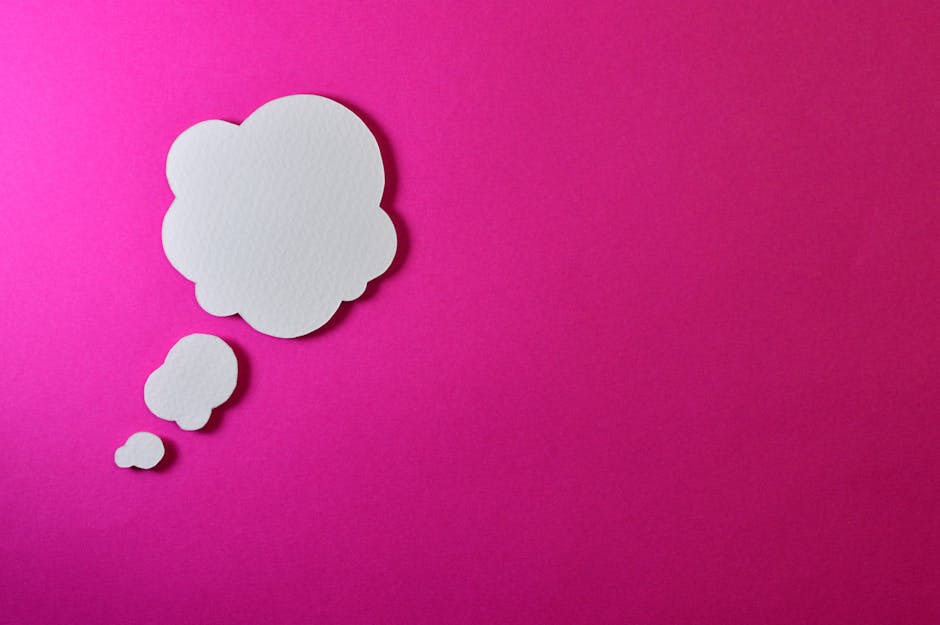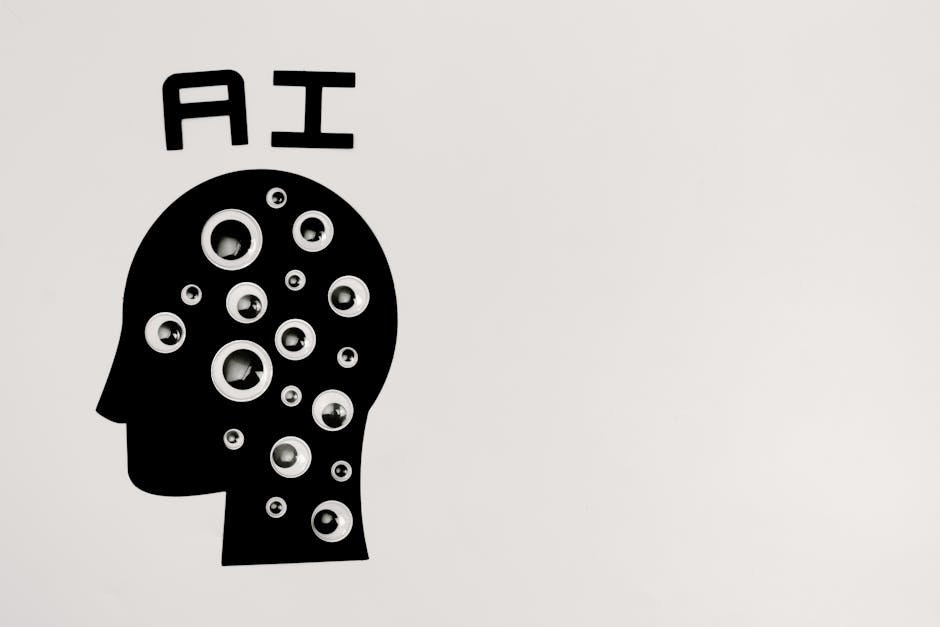What Is The Impact Of Decluttering On Mental Clarity?
Ever feel like your brain is running a hundred miles an hour, but you’re stuck in neutral? That mental fog might not just be in your head—it could be in your space, too. Decluttering, the act of organizing and simplifying your physical surroundings, has a profound impact on your mental clarity. It’s not just about tidying up; it’s about creating room for your mind to breathe. Stick around, and we’ll explore how clearing your space can clear your head, boost your mood, and even transform your life.
Key Takeaways
- Decluttering helps reduce mental distractions and improves focus.
- A clutter-free space can alleviate anxiety and promote emotional well-being.
- Organizing your environment boosts productivity and simplifies daily routines.
- Decluttering encourages mindfulness and intentional living.
- Long-term benefits include sustained mental clarity and personal growth.
Introduction to Decluttering and Mental Clarity
Definition of Decluttering
Decluttering is more than just tossing out old junk. It’s the process of intentionally removing unnecessary items from your life to create a more organized and functional space. Think of it as a reset button for your environment.
It’s not about perfection or minimalism for the sake of aesthetics. Instead, it’s about making your space work for you, not against you.
Overview of Mental Clarity
Mental clarity is that magical state where your thoughts feel sharp, focused, and free from chaos. It’s like wiping a foggy window clean—you can finally see what’s in front of you.
When your mind is clear, you make better decisions, solve problems faster, and feel more in control of your life.
Connection Between Physical Space and Mental State
Here’s the kicker: your physical environment directly affects your mental state. A cluttered room can lead to a cluttered mind.
Studies show that visual clutter increases stress and decreases focus. On the flip side, an organized space can create a sense of calm and clarity.

How Decluttering Reduces Distractions
Impact of a Cluttered Environment on Focus
Imagine trying to read a book in a noisy café. That’s what it’s like for your brain when your space is cluttered.
Every item in your field of vision competes for your attention, making it harder to concentrate.
Benefits of an Organized Space
Improved Ability to Concentrate
When your surroundings are tidy, your brain doesn’t have to work overtime filtering out distractions.
This frees up mental energy, allowing you to focus on what truly matters.
Enhanced Decision-Making
Clutter can lead to decision fatigue. Ever spent 10 minutes looking for your keys? That’s mental energy you could’ve used elsewhere.
By organizing your space, you streamline your choices and reduce unnecessary stress.

Decluttering as a Tool for Emotional Well-being
Creating a Sense of Calm and Control
There’s something deeply satisfying about walking into a clean, organized room. It’s like your brain lets out a sigh of relief.
Decluttering gives you a sense of control over your environment, which can be incredibly empowering.
Alleviating Anxiety and Overwhelm
Clutter can feel like a physical manifestation of your mental chaos. By clearing your space, you’re also clearing some of that internal noise.
This can help reduce feelings of anxiety and overwhelm, making it easier to relax.
Therapeutic Benefits of the Decluttering Process
Processing Emotions
Decluttering isn’t just about stuff—it’s about the memories and emotions tied to that stuff.
Sorting through your belongings can be a therapeutic way to process your past and let go of what no longer serves you.
Letting Go of the Past
Holding onto items “just in case” often keeps us tethered to the past. Letting go can feel like shedding old skin, making room for new growth.

Decluttering and Productivity
Simplifying Surroundings to Enhance Focus
A clutter-free space is like a blank canvas—it inspires creativity and productivity.
When your environment is simplified, your mind can focus on the task at hand without unnecessary distractions.
Streamlining Daily Routines
Saving Time by Organizing Belongings
How much time do you waste looking for misplaced items? Decluttering helps you create designated spots for everything, saving you time and frustration.
Reducing Mental Load
An organized space means fewer decisions to make, which reduces your mental load.
This leaves you with more energy to tackle bigger challenges.

Mindfulness Through Decluttering
Encouraging Intentionality with Possessions
Decluttering forces you to ask important questions: Do I really need this? Does this add value to my life?
This practice encourages intentionality, helping you focus on what truly matters.
Being Present During the Decluttering Process
Decluttering can be a meditative experience. As you sort through your belongings, you’re fully present in the moment, which is a cornerstone of mindfulness.
Building Long-term Habits of Mindfulness
Once you experience the benefits of a clutter-free space, you’re more likely to maintain it.
This creates a ripple effect, encouraging mindfulness in other areas of your life.

Long-term Benefits of Decluttering
Sustained Mental Clarity
Decluttering isn’t a one-time fix; it’s a lifestyle change.
By maintaining an organized space, you can enjoy sustained mental clarity and focus.
Improved Overall Well-being
A clutter-free environment promotes better sleep, reduced stress, and a more positive outlook on life.
Creating a Supportive Environment for Personal Growth
When your space supports your goals, you’re more likely to achieve them.
Decluttering creates room—both physically and mentally—for personal growth and self-discovery.
Practical Tips for Effective Decluttering
Starting Small and Setting Realistic Goals
Don’t try to declutter your entire house in one day. Start with one drawer or one corner of a room.
Set realistic goals to avoid feeling overwhelmed.
Categorizing and Prioritizing Items
Sort your belongings into categories: keep, donate, recycle, or toss.
Prioritize items that add value to your life and let go of the rest.
Maintaining a Clutter-Free Space Over Time
Decluttering isn’t a one-and-done deal. Make it a habit to regularly assess your space and remove items you no longer need.
For more insights on simplifying your life, check out the psychological benefits of minimalism.

Decluttering is more than just cleaning up—it’s a powerful tool for improving your mental clarity, emotional well-being, and overall quality of life.
If you’re ready to take the first step, start small and stay consistent. And remember, a clear space leads to a clear mind.
For more ways to boost mental clarity, explore the impact of journaling on self-discovery or cognitive restructuring techniques.
Your future self will thank you!
Decluttering Your Mind and Space: An FAQ on Mental Clarity and Organization
What is the connection between decluttering and mental clarity?
Decluttering helps reduce visual and mental distractions, creating a calmer environment. This can lead to improved focus, reduced stress, and a clearer mindset as your brain is less overwhelmed by chaos and disorder.
How does physical clutter affect mental health?
Physical clutter can lead to feelings of stress, anxiety, and even depression. It often serves as a constant reminder of unfinished tasks or disorganization, which can weigh heavily on mental well-being over time.
Can decluttering improve productivity?
Yes, decluttering can significantly boost productivity. A tidy space allows you to focus better, find things more easily, and spend less time feeling overwhelmed, enabling you to work more efficiently.
Does decluttering help with decision-making?
Absolutely. Decluttering reduces decision fatigue by eliminating unnecessary choices and distractions. A simplified environment allows you to focus on more important decisions with greater clarity.
Are there emotional challenges tied to decluttering?
Yes, decluttering can be emotionally challenging, especially when items hold sentimental value. However, letting go of unnecessary possessions can also be liberating and provide a sense of emotional relief and freedom.
What are some simple steps to start decluttering?
Start small by focusing on one area or category, such as a drawer or closet. Use methods like the ‘keep, donate, discard’ system to sort items, and set realistic goals to avoid feeling overwhelmed.
How often should I declutter to maintain mental clarity?
Decluttering should be a regular practice, but the frequency depends on your lifestyle. A monthly or seasonal decluttering session can help maintain a tidy and organized space, supporting ongoing mental clarity.
Can decluttering improve sleep quality?
Yes, a clutter-free bedroom can promote better sleep by creating a more relaxing and peaceful environment. Removing distractions and organizing your space can help signal to your brain that it’s time to rest.
Is digital decluttering important for mental clarity?
Digital decluttering is crucial as it reduces the overwhelm caused by excessive notifications, emails, and digital files. Organizing your digital life can help you feel more in control and focused in a tech-driven world.
What are the long-term benefits of decluttering on mental clarity?
Long-term benefits include sustained mental clarity, reduced stress, improved focus, and a greater sense of control over your environment. Decluttering can also foster healthier habits and a more mindful approach to life.



